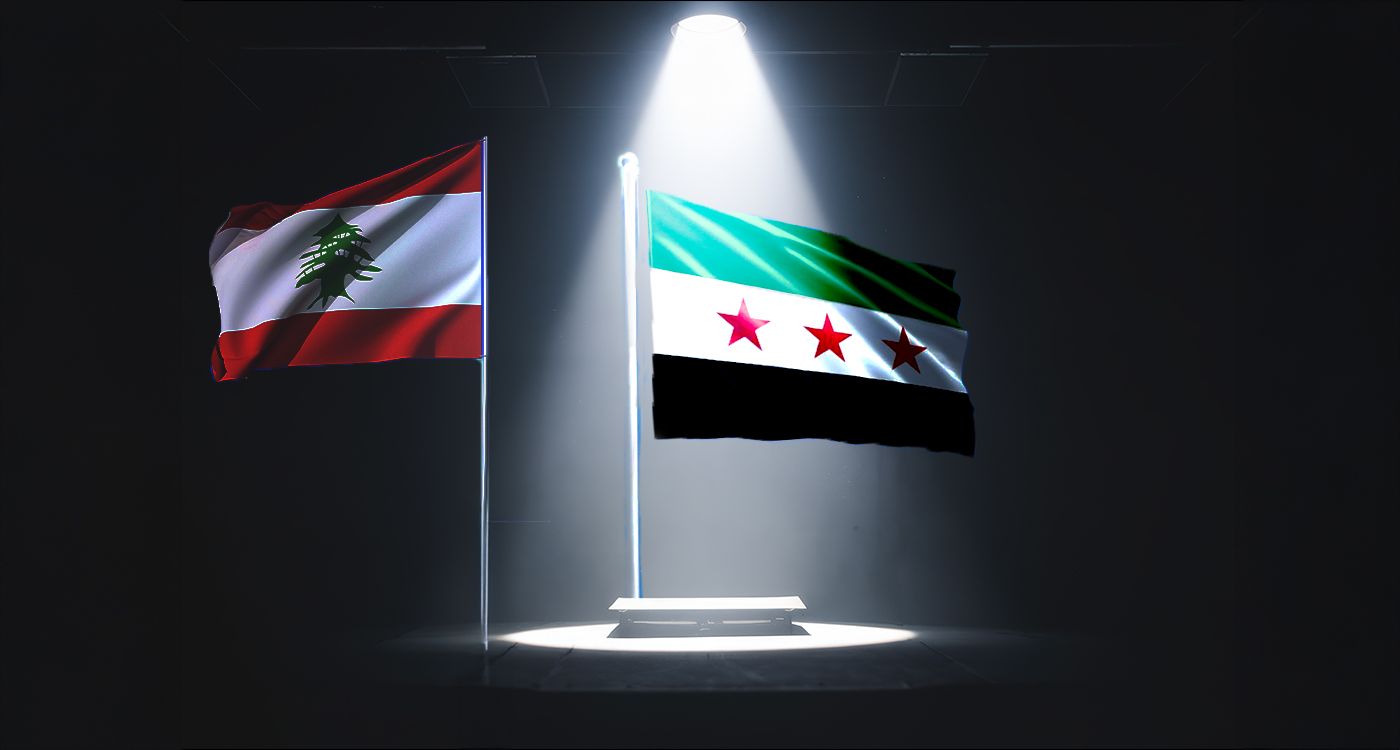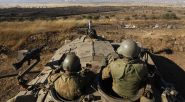
Bashar al-Assad has been out of the picture for almost six months now. No one seems to miss him. The chapter is firmly closed. Enter Ahmad el-Chareh – once an Islamist, now a man of compromise – captured smiling alongside Donald Trump in Riyadh. Syria is reinventing itself, trying to appear more approachable.
At least, that’s the narrative the West is eager to embrace. Most importantly, American and European sanctions have been lifted.
While handshakes mark the renewal of ties with Damascus, Lebanon remains buried under the rubble of a Syrian conflict it neither started nor won – and in which it has little involvement, aside from Hezbollah’s costly support for the Assad regime. Meanwhile, Lebanon continues to host over than 2.5 million Syrian refugees on its soil.
Syria may be “liberated,” but the Syrians remain… in Lebanon.
Worse still, those displaced who “fled” the Assad regime – but who are, in reality, economic migrants – have been joined by others fearing abuses from Islamist militias, which recently carried out a series of massacres along the Syrian coast and launched attacks on predominantly Druze areas.
Maybe someone should spell it out to the Lebanese: realpolitik has its priorities, and they’re not among them. Lebanon can wither away, as long as the world gets to turn the Syrian page with poise. An exhausted country can continue serving as a giant detention camp for the international community, a humanitarian buffer zone with no end in sight.
Never mind the crumbling infrastructure or the staggering cost of this imposed generosity. Public hospitals are expected to treat patients without resources. Overcrowded schools must keep taking in students, even without teachers or proper learning materials.
Maybe someone should also tell the Lebanese that their deteriorating roads, failing power grid and depleted groundwater reserves somehow still absorb the weight of nearly half their population, without mention of the rising crime. This is no longer an effort, it’s a slow bleed.
Lebanon’s infrastructure, already stretched thin before 2011, is now on its knees. Nothing works, electricity is a luxury, clean water is a gamble, garbage keeps piling up. Cities are literally suffocating… And yet, in this context, the international community and NGOs continue to ask Lebanon to keep hosting refugees and simply “be patient.”
Sanctions have been lifted, but there’s still no clear plan for the refugees’ return. No pressure is being applied on Syria’s new authorities to facilitate repatriation. Diplomatic talks are underway, reconstruction projects are multiplying, but nothing, absolutely nothing, is being done to organize a gradual, dignified and controlled return of refugees to their homeland.
No plan, no pressure, no timeline. Only silence. No substantial aid for a Lebanon running on empty. And the same old humanitarian tune: “It’s not the right time yet, we need guarantees, security, a proper process…”
In reality, what countries like those in the European Union fear most is the influx of millions of Syrians across their own borders. Their public opinion would never accept it. So it’s easier to keep funneling hundreds of millions of dollars through NGOs to “contain” them in Lebanon.
The real scandal isn’t that sanctions have been lifted per se. It’s that everyone pretends nothing should change in Lebanon, that Syrians must remain indefinitely because it’s simpler, more comfortable and less risky.
What is truly revolting is this cynicism and diplomatic cowardice.
If Syria is to be rebuilt, it must take full responsibility. It must reopen its borders, repatriate its displaced citizens and pay its fair share of the cost. There are no more excuses. If Ahmad el-Chareh is deemed respectable enough to meet the US president, then he must also be held accountable for the people forced to flee.
Lebanon has given it its all. It has nothing left. Keeping the country in this situation is not solidarity, it is contempt cloaked in compassion.
As Aimé Césaire said, “Solidarity is the tenderness of the peoples.” For God’s sake, Lebanon desperately needs some of that tenderness.




Comments